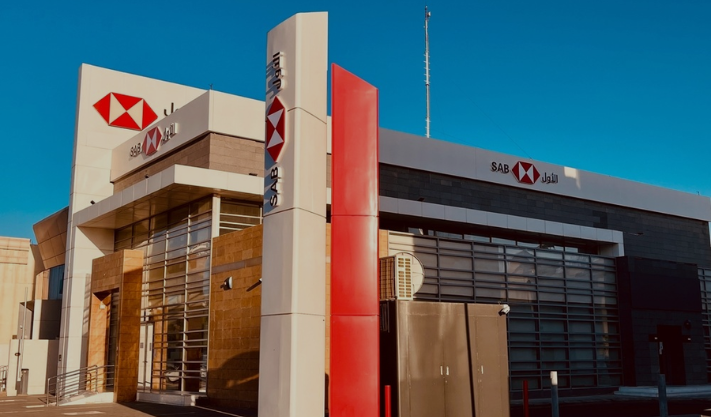Oil to Innovation: The Economic Shift in the Gulf States
The Gulf states, long synonymous with vast oil wealth and towering skyscrapers, are undergoing a seismic economic transformation. For decades, oil revenue has been the lifeblood of countries like Saudi Arabia, the United Arab Emirates (UAE), Qatar, and Kuwait, funding their rapid urbanization and providing unparalleled prosperity. However, with fluctuating oil prices and a global push towards renewable energy, these nations are pivoting toward innovation-driven economies to secure their futures.
The Need for Diversification
The reliance on oil has been a double-edged sword for the Gulf states. While it has brought immense wealth, it has also exposed their economies to volatility. The oil price crash of 2014 was a wake-up call, underscoring the urgency of reducing dependence on fossil fuels. Additionally, international climate goals, such as those outlined in the Paris Agreement, have spurred these countries to rethink their economic models.
As a result, diversification has become a cornerstone of national agendas. Governments are investing heavily in sectors such as technology, renewable energy, tourism, finance, and healthcare. The vision is clear: to transform the Gulf into a hub for global innovation and investment.
Visionary Projects and Initiatives
Leading this transformation are ambitious national strategies like Saudi Arabia’s Vision 2030 and the UAE’s National Innovation Strategy. These frameworks aim to reduce oil dependency by fostering new industries and encouraging private-sector growth.
Saudi Arabia’s Vision 2030, for instance, includes mega-projects like NEOM, a $500 billion smart city designed to be a global hub for technology and sustainability. The UAE, on the other hand, has positioned itself as a leader in artificial intelligence, with the creation of the world’s first Ministry of AI and significant investments in tech startups.
Meanwhile, Qatar has made strides in sports and education. The successful hosting of the 2022 FIFA World Cup showcased its capabilities on the global stage, while Education City in Doha has become a hub for research and development. Similarly, Bahrain is emerging as a fintech powerhouse, leveraging its open regulatory environment to attract startups and investors.
The Role of Renewable Energy
Renewable energy is a key pillar of this shift. The Gulf states are leveraging their abundant sunshine to develop solar energy projects, aiming to lead the transition to sustainable energy. For example, the UAE’s Mohammed bin Rashid Al Maktoum Solar Park is one of the world’s largest solar power plants, while Saudi Arabia has launched initiatives to generate 50% of its energy from renewables by 2030.
Challenges Ahead
Despite the progress, challenges remain. Building a knowledge-based economy requires significant investment in education, research, and infrastructure. Attracting and retaining global talent is another hurdle, as is fostering a culture of innovation within traditionally hierarchical societies.
Moreover, the transition is a race against time. As global demand for oil declines, these nations must ensure that their new economic foundations are robust enough to sustain their ambitious plans.
A Promising Future
The Gulf states’ shift from oil to innovation represents one of the most significant economic transformations of the 21st century. By embracing diversification and sustainability, they are setting a precedent for resource-rich nations worldwide. While the journey is fraught with challenges, the vision and determination of Gulf leaders suggest that the region’s future will be just as remarkable as its past.
The world is watching as the Gulf redefines its identity—not as a land of oil wells, but as a beacon of innovation and progress.
Published: 4th January 2025
For more article like this please follow our social media Twitter, Linkedin & Instagram
Also Read:
5 Best Qualities of a Great Boss
New System Launched to Curb 80% Illegal Phone Imports in Egypt
Egypt’s food exports rise 17% to $5.5B in 2024’s first 11 months





